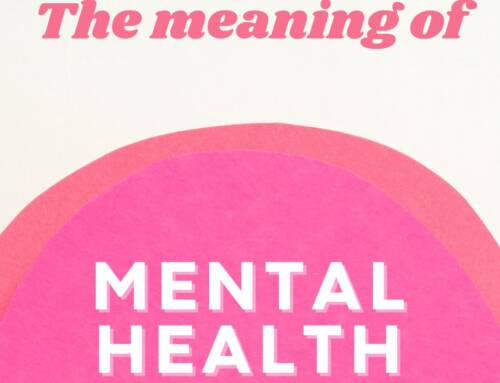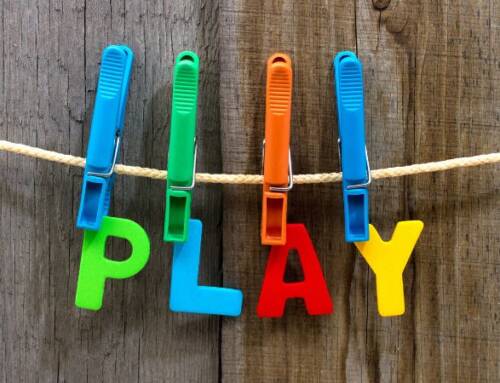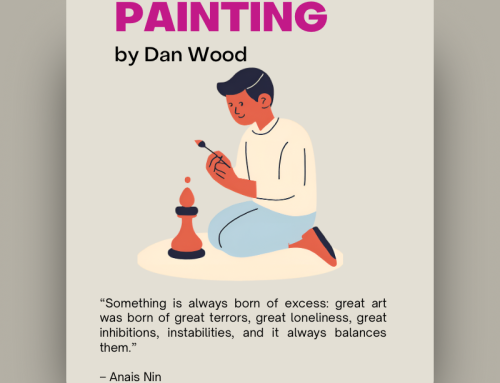Am I Addicted To Gambling? How To Stop
It all starts with a little flutter or a wager at lunchtime – gambling addiction begins innocently.
Whether it’s bingo or the horses that float your boat, from time to time, we all have to ask whether we have control of gambling or whether addiction is controlling us?
Nothing should control us. Not a person and certainly not an addiction.
But it’s not that easy.
Don’t forget, the addictive feeling we all get when we place a bet and win is a chemical reaction in our brain.
And when gambling becomes an addiction, the stakes can be too high.
Let’s face it – the truth is, we all gamble in one way or another every day.
But when does it get too much?
The NHS has developed a set of questions to help you find out.
Knowing when and how to stop gambling is often easier than it sounds – because we often don’t realise it or are in so deep that we fear the mountain we need to climb to quit.
Addiction is an illness – remember that. Addiction is often a result of some other challenge in our life – addressing that can throw light on the shadows of gambling.
If you’re reading this and feel this might be you – we’re here for you. You are not on your own.
Following these steps will help you:
- Take the NHS questionnaire to rate your gambling addiction.
- Try self-help to stop gambling.
- Get help today with money problems.
- Explore therapy – it has proven to help with gambling addiction.
Take the NHS questionnaire to rate your gambling addiction
- Do you bet more than you can afford to lose?
- Do you need to gamble with larger amounts of money to get the same feeling?
- Have you tried to win back money you have lost (chasing losses)?
- Have you borrowed money or sold anything to get money to gamble?
- Have you wondered whether you have a problem with gambling?
- Has your gambling caused you any health problems, including feelings of stress or anxiety?
- Have other people criticised your betting or told you that you had a gambling problem (regardless of whether or not you thought it was true)?
- Has your gambling caused any financial problems for you or your household?
- Have you ever felt guilty about the way you gamble or what happens when you gamble?
Score 0 for each time you answer “never”.
Score 1 for each time you answer “sometimes”.
Score 2 for each time you answer “most of the time”.
Score 3 for each time you answer “almost always”.
If your total score is 8 or higher, you might need to seek help to reduce or stop gambling.
Self-help for stopping gambling
The biggest way to stop gambling is to look at the areas of your life that are being made worse by your addiction.
Remember, nothing should control you. You have the power to control gambling with help.
Give each of the below a score out of 4, and then try to reduce each one every month.
- The way I feel
- Money
- People I care about
- Work
- Trouble (law)
To stop gambling, you need to be honest about the impact your addiction is having on your life and aim to make each area better over time.
Still, struggling after three months? Get some extra help.
Help With Gambling Money Problems
Debt is horrible – it makes you feel sick.
That’s why tackling gambling addiction can also mean being brave and getting help with your money problems.
Stop waiting to WIN back your money. You can get help with debt today.
The Citizens Advice can help.
Therapy For A Gambling Addiction
The Arts of Change in Dudley (West Midlands) has expert therapists who can help you with your gambling addiction. CBT, also known as ‘talking therapy’, has proven to reduce or stop gambling addiction. Text support to 60075 for help.
You can self-refer to this service if you’re over 18.
The AoC has both private (from £30) therapy sessions and funded (nothing to pay) groups throughout the year.
From 20th July 2022, Gordon Moody is offering art groups on Wednesdays – a charity specifically working with those with a gambling addiction. You need to access these sessions via Gordon Moody.
Call 01384 211168 or email support@theaoc.org.uk for more information and support.





